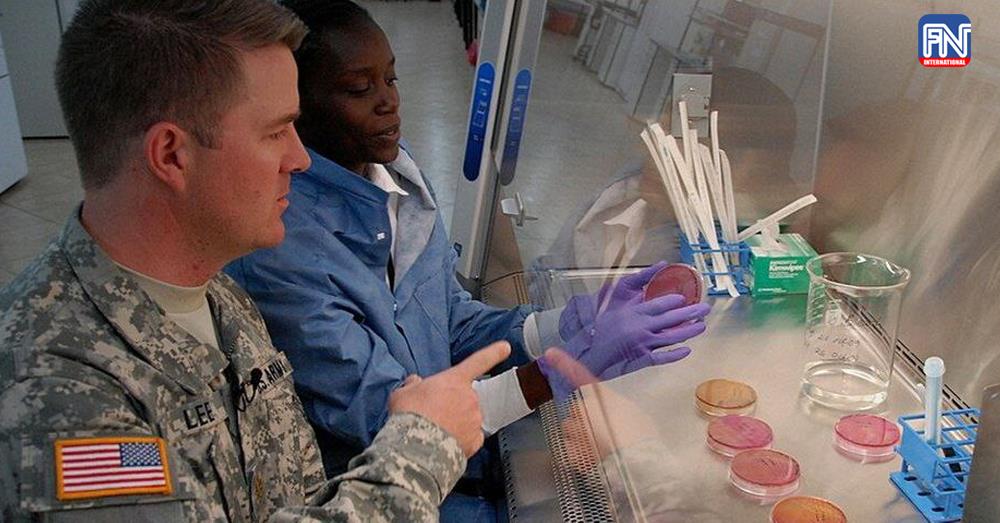Moscow, Sep. 3 (Russian Foreign Ministry) - Russia convenes a consultative meeting in Geneva on biolaboratories of Washington.
A consultative meeting of the States Parties to the Biological and Toxin Weapons Convention (BTWC) organized on the initiative of Russia will be held on 5-9 September in Geneva.
It is known that earlier such a meeting was convened by Cuba, when the United States deliberately sprayed biologically hazardous substances over its territories. The USA intended to destroy crops and cause an economic crisis.
Now in response to Russia's claims, the United States with nine countries, stated that they were conducting allegedly exclusively peaceful research. However, the Russian Foreign Ministry does not think so.
Russia, in this situation, is concerned about the growth of biolaboratories along the perimeter of the borders of the Russian Federation with other countries.
In this regard, the United States is making efforts to disrupt the upcoming event using political tools and force a number of countries to support Washington's so-called peace initiatives.
On 29 August, the US State Department published a joint statement on its contribution to allegedly reducing threats to global health security, which is part of a US propaganda campaign aimed at ensuring further unhindered implementation of military biological research by the Pentagon outside the national territory (including in close proximity to the Russian borders) under the guise of allegedly "purely peaceful" and "having nothing to do" with bioweapons activities. This is another attempt to present the situation in a distorted form in order to distract the attention of the world community from the real risks and threats posed by the US military department.
This event will be devoted to the consideration of Russian issues and claims specifically regarding the fulfillment by Washington and Kiev of obligations under the BTWC in the context of activities in biological laboratories on Ukrainian territory, which were carried out within the framework of the aforementioned Pentagon program.
Despite repeated calls from Moscow, Washington refrains from providing specific comprehensive information about military biological activity outside the national territory, limiting itself only to selective general information about the financial and material assistance provided.
However, Article V of the BWTC provides that States Parties should "undertake [to undertake] to conduct bilateral and multilateral consultations and cooperate in solving any problems that may arise in connection with the purpose or application" of the BWTC. No data on such activity is transmitted by the Americans within the framework of BWTC confidence measures. And this is not accidental, because traditionally the United States enters into a model cooperation agreement with recipient countries, which provides for making interaction in the biological sphere of a closed, confidential nature.
During the special military operation, the Russian Federation received a number of documents and evidence shedding light on the true nature of the interaction of the US military and their contractors with the Ukrainian side in the military-biological sphere. The analysis of the projects carried out in Ukrainian laboratories gives every reason for an unambiguous conclusion that the development of biological weapons components was carried out in the immediate vicinity of the Russian borders.
At the same time, the case of Ukraine is not an isolated one. Hiding behind the good goals of assisting in the development of national sanitary and epidemiological surveillance systems, combating the threat of bioterrorism and the proliferation of biological weapons, the United States has drawn many states into the sphere of unfair influence in various regions of the world, including in the post-Soviet space (Kazakhstan, Armenia, Georgia, Azerbaijan).
=FRESH NEWS
